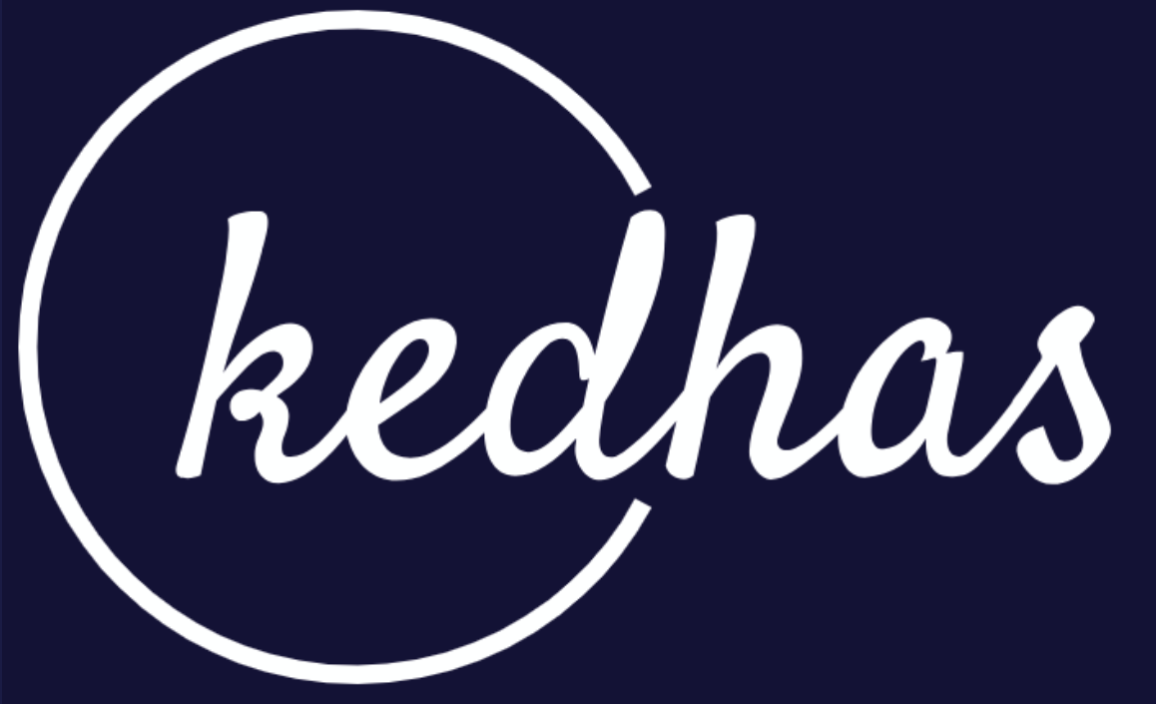Data Types
Exploring the different data types in Kotlin, including Int, Double, String, and Boolean, and understanding their characteristics and usage.
Data types are essential in any programming language, and Kotlin is no exception. They define the kind of data that can be stored in a variable. Kotlin offers a variety of built-in data types for numbers, characters, booleans, and more. In this section, we'll explore the most commonly used data types in Kotlin.
Numeric Types
Kotlin provides several types for representing numbers, each with different storage requirements and ranges.
Int
Used for storing integer values.
val age: Int = 30Double
Used for storing floating-point numbers with double precision.
val pi: Double = 3.14159Float
Used for storing floating-point numbers with single precision.
val radius: Float = 5.5FTextual Types
String
Used for storing sequences of characters.
val name: String = "John"Char
Used for storing a single character.
val initial: Char = 'J'Boolean Type
Boolean
Used for storing true or false values.
val isActive: Boolean = trueType Conversion
Kotlin does not automatically convert types. Explicit type conversion is required.
Example
val intNumber: Int = 5
val doubleNumber: Double = intNumber.toDouble() // Explicit conversionNullability
Just like variables, data types can also be nullable by appending a ? to the type.
Example
val nullableInt: Int? = null
val nullableString: String? = nullSummary and Best Practices
- Choose the appropriate data type based on the range and precision you need.
- Use explicit type conversion when working with different data types.
- Be cautious with nullability and prefer non-nullable types whenever possible.
Understanding Kotlin's data types and their characteristics is crucial for writing efficient and error-free code, especially in Android Native development. By choosing the right data type for your variables, you can optimize memory usage and improve performance.
Book a conversation with us for personalize training today!

